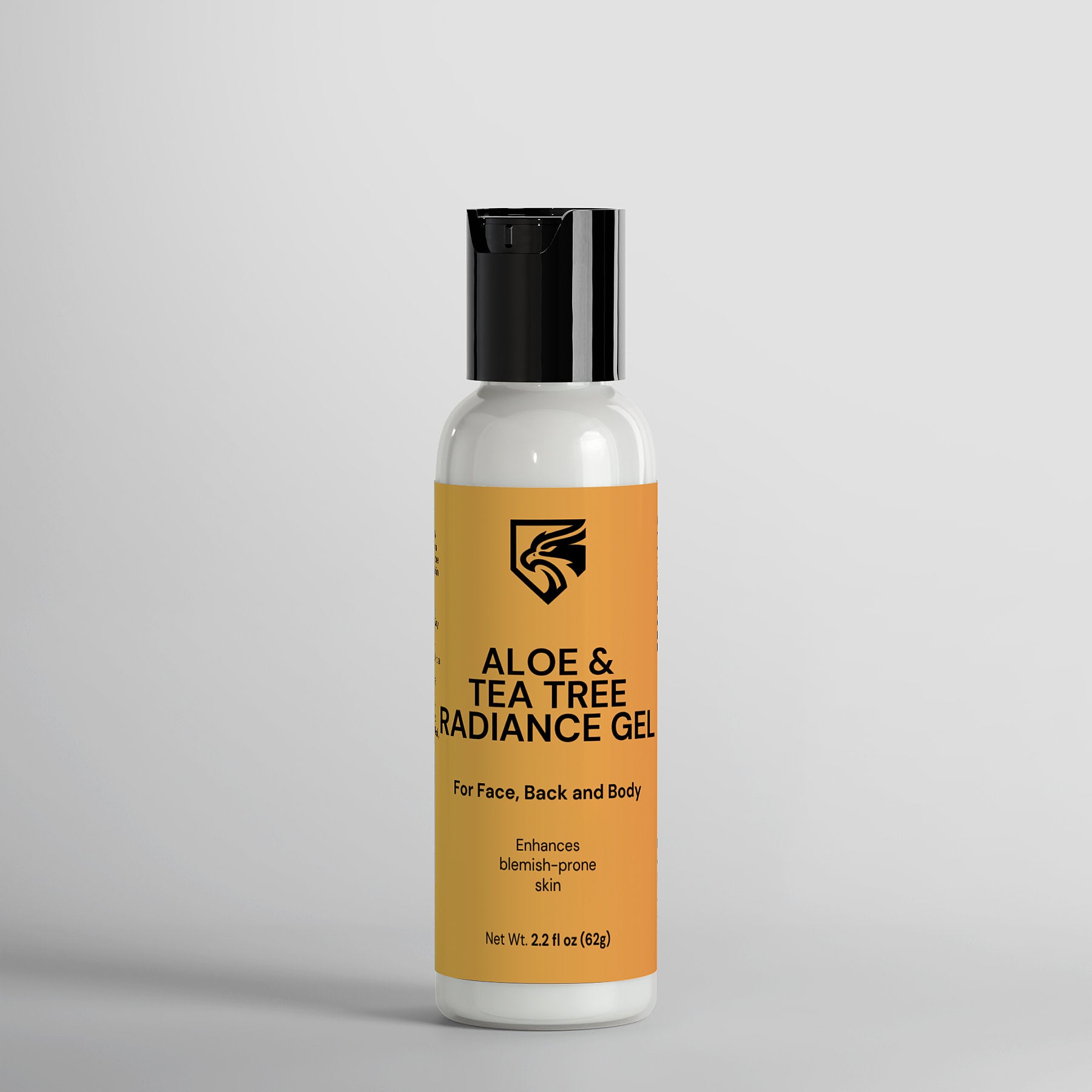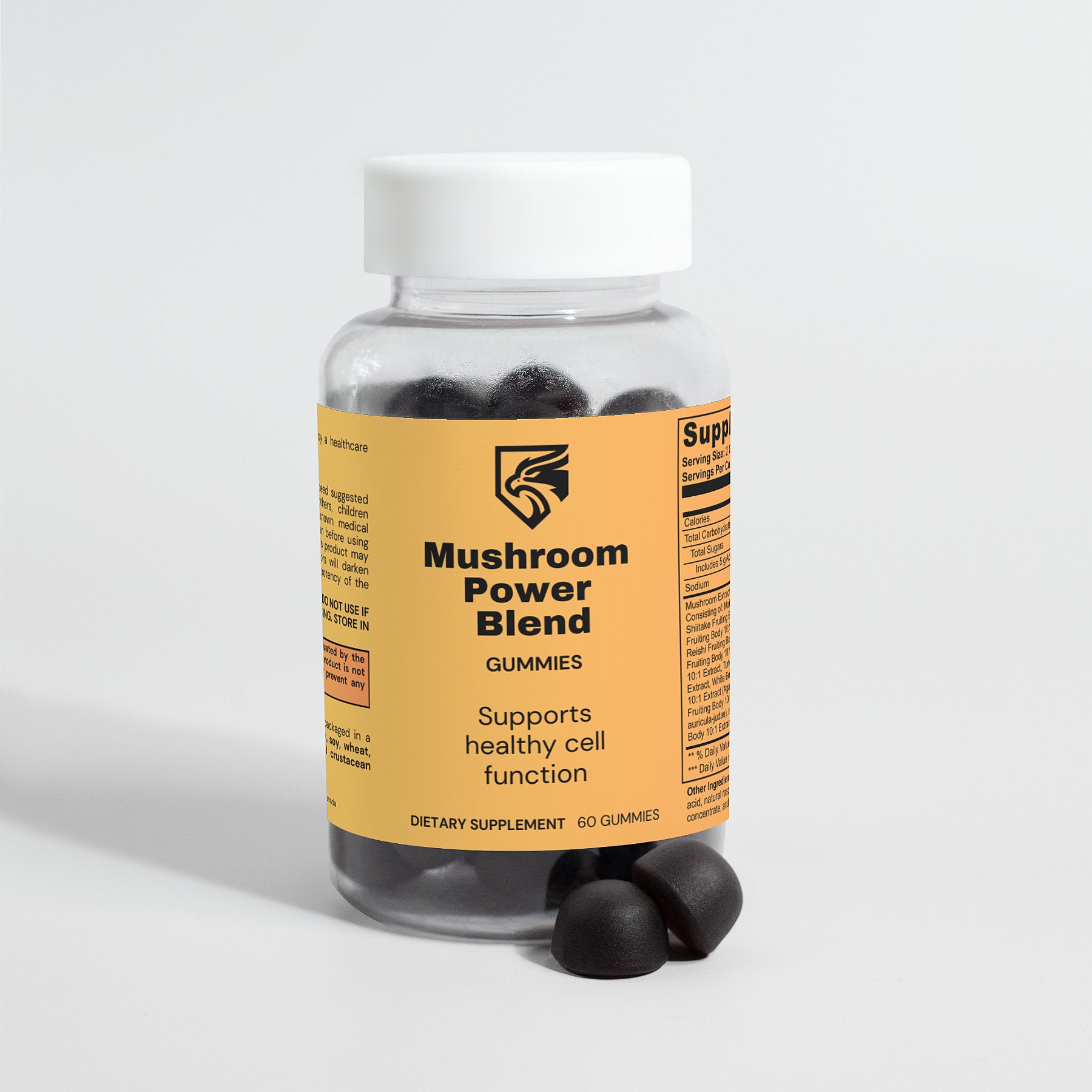I. Introduction
A. Importance of Testosterone in Male Health and Vitality
Testosterone, often dubbed the "male hormone," plays a critical role in various aspects of men's health and vitality. Beyond its well-known role in sexual function and libido, testosterone also influences muscle mass, bone density, fat distribution, mood regulation, and cognitive function. Optimal testosterone levels are essential for maintaining physical and mental well-being throughout a man's life.
B. Introduction to the Role of Nutrition in Hormone Regulation and Its Impact on Testosterone Levels
Nutrition plays a pivotal role in regulating hormone levels, including testosterone. Certain nutrients act as precursors or cofactors in the synthesis and metabolism of hormones, making dietary choices a significant determinant of hormonal balance. In this article, we explore the impact of poor nutrition on testosterone levels and discuss strategies for optimizing dietary habits to support hormonal health.
II. Nutrients Essential for Testosterone Production
A. Overview of Key Nutrients (Zinc, Vitamin D, Omega-3 Fatty Acids) and Their Roles
-
Zinc: Zinc is an essential mineral involved in numerous physiological processes, including testosterone synthesis. It plays a crucial role in the function of enzymes responsible for converting cholesterol into testosterone in the testes.
-
Vitamin D: Often referred to as the "sunshine vitamin," vitamin D is synthesized in the skin in response to sunlight exposure and is also obtained from dietary sources. Vitamin D receptors are present in the testes, and adequate levels of vitamin D are necessary for maintaining testosterone production.
-
Omega-3 Fatty Acids: Omega-3 fatty acids, particularly eicosapentaenoic acid (EPA) and docosahexaenoic acid (DHA), exhibit anti-inflammatory properties and contribute to overall hormonal balance. They help reduce inflammation, which can otherwise interfere with hormonal signaling pathways.
B. Common Dietary Sources of These Nutrients and Their Importance for Hormonal Health
-
Zinc: Foods rich in zinc include shellfish, red meat, poultry, nuts, seeds, and dairy products. Incorporating these foods into the diet ensures an adequate intake of zinc to support testosterone production.
-
Vitamin D: Natural food sources of vitamin D include fatty fish (e.g., salmon, mackerel), egg yolks, fortified dairy products, and fortified cereals. Additionally, exposure to sunlight is an important source of vitamin D synthesis in the body.
-
Omega-3 Fatty Acids: Fatty fish such as salmon, sardines, and mackerel are excellent sources of omega-3 fatty acids. Plant-based sources include flaxseeds, chia seeds, walnuts, and hemp seeds.
III. Consequences of Nutritional Deficiencies
A. Effects of Low Zinc Levels on Testosterone Synthesis and Fertility
Low zinc levels have been associated with impaired testosterone production and fertility issues in men. Zinc deficiency can disrupt the function of enzymes involved in testosterone synthesis, leading to decreased testosterone levels and potentially contributing to infertility.
B. Impact of Vitamin D Deficiency on Hormone Balance and Bone Health
Vitamin D deficiency is linked to hormonal imbalances, including lower testosterone levels in men. In addition to its role in testosterone synthesis, vitamin D is essential for maintaining bone health and overall well-being. Deficiency in vitamin D can lead to osteoporosis and increased susceptibility to fractures.
C. Relationship Between Omega-3 Fatty Acids and Inflammation-Mediated Hormonal Disruptions
Inflammation is a key contributor to hormonal imbalances, including reduced testosterone levels. Omega-3 fatty acids help mitigate inflammation by modulating the production of pro-inflammatory mediators. A diet lacking in omega-3 fatty acids may exacerbate inflammation and disrupt hormonal signaling pathways.
IV. The Role of Diet Quality
A. Effects of Processed Foods, Sugar, and Trans Fats on Hormone Levels
Processed foods, high in refined sugars, unhealthy fats, and additives, have been linked to hormonal imbalances, including decreased testosterone levels. Excessive consumption of sugar can lead to insulin resistance, which impairs hormone regulation and can contribute to metabolic disorders. Trans fats, commonly found in processed and fried foods, have been associated with inflammation and adverse effects on hormonal health.
B. Importance of a Balanced Diet Rich in Whole Foods for Hormonal Health
A diet rich in whole foods, including fruits, vegetables, lean proteins, whole grains, nuts, and seeds, provides essential nutrients necessary for hormone synthesis and metabolism. Whole foods offer a spectrum of vitamins, minerals, antioxidants, and phytochemicals that support overall health and hormonal balance. Prioritizing nutrient-dense foods over processed and refined options can help optimize testosterone levels and promote well-being.
V. Practical Strategies for Dietary Optimization
A. Tips for Incorporating Testosterone-Boosting Foods into Daily Meals
- Include zinc-rich foods such as oysters, beef, pumpkin seeds, and lentils in your diet regularly.
- Consume fatty fish like salmon, trout, and mackerel at least twice a week to increase omega-3 fatty acid intake.
- Incorporate vitamin D-rich foods like fortified dairy products, eggs, and mushrooms into meals.
- Snack on nuts and seeds for a nutrient-packed boost of zinc, omega-3s, and other essential nutrients.
B. Supplement Recommendations for Individuals at Risk of Nutritional Deficiencies
- Consider taking a high-quality multivitamin or mineral supplement containing zinc, vitamin D, and omega-3 fatty acids to ensure adequate intake of these nutrients.
- Consult with a healthcare professional before starting any new supplements, especially if you have underlying health conditions or are taking medications.
VI. Conclusion
A. Recap of the Detrimental Effects of Poor Nutrition on Testosterone Levels
Poor nutrition can have profound effects on testosterone levels and overall hormonal balance in men. Nutritional deficiencies in key nutrients such as zinc, vitamin D, and omega-3 fatty acids can impair testosterone synthesis and contribute to various health problems, including infertility, bone loss, and metabolic disorders.
B. Call to Action for Readers to Prioritize Nutrient-Dense Foods for Hormonal Balance
Optimizing dietary habits by incorporating nutrient-dense foods and avoiding processed and unhealthy options is crucial for supporting testosterone levels and overall hormonal health. By making informed dietary choices and adopting a balanced approach to nutrition, men can enhance their well-being and vitality for years to come.







Leave a comment
All comments are moderated before being published.
This site is protected by hCaptcha and the hCaptcha Privacy Policy and Terms of Service apply.